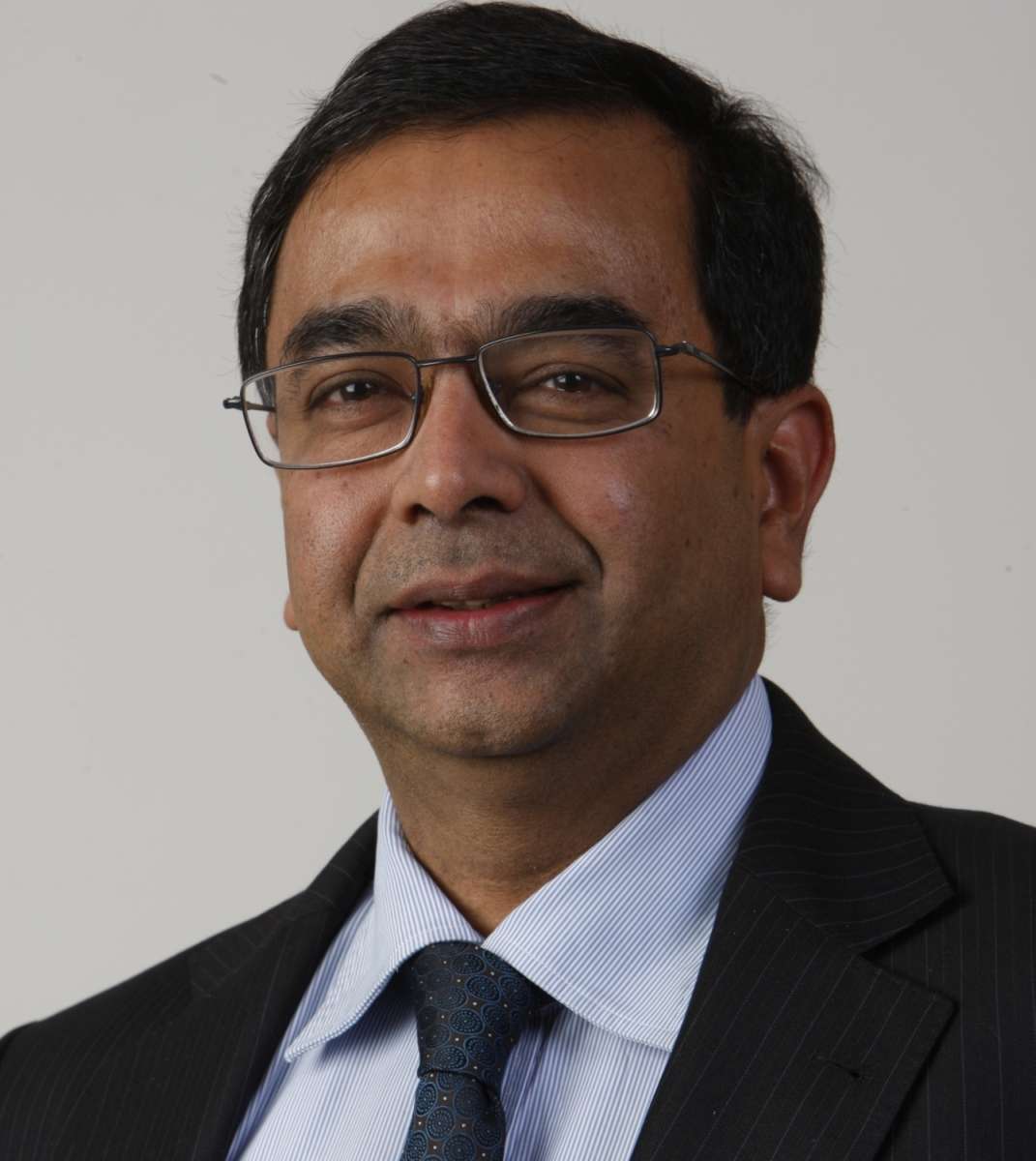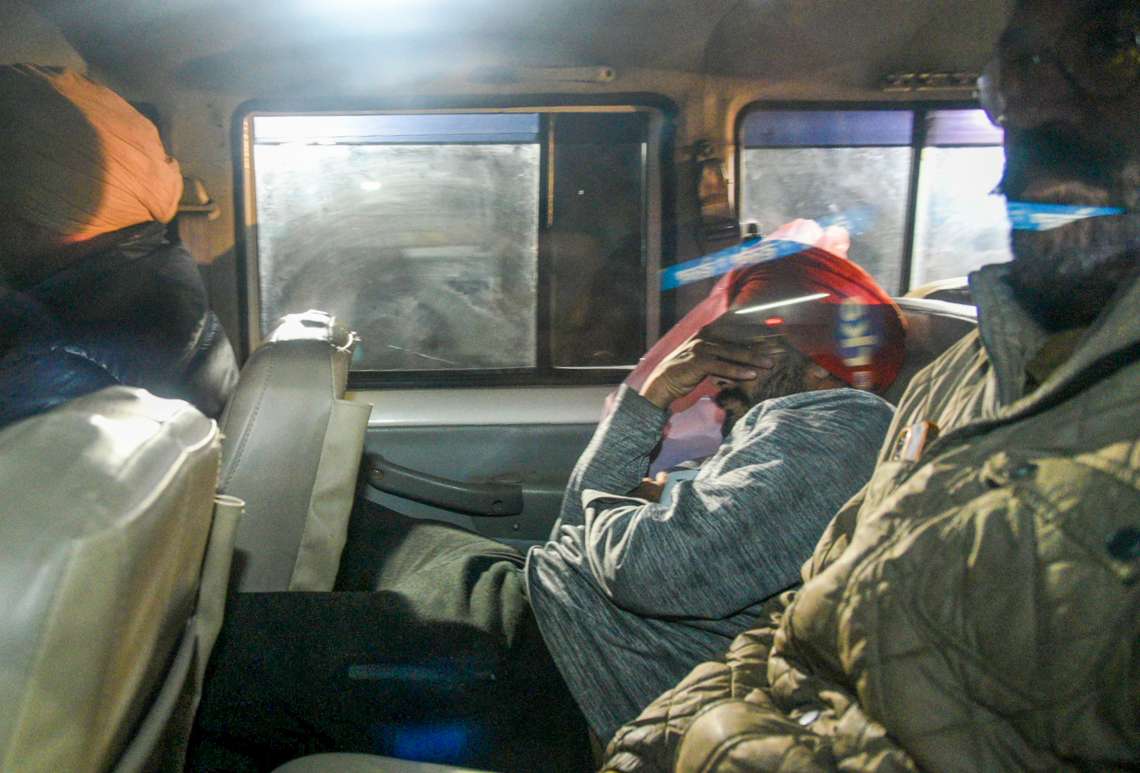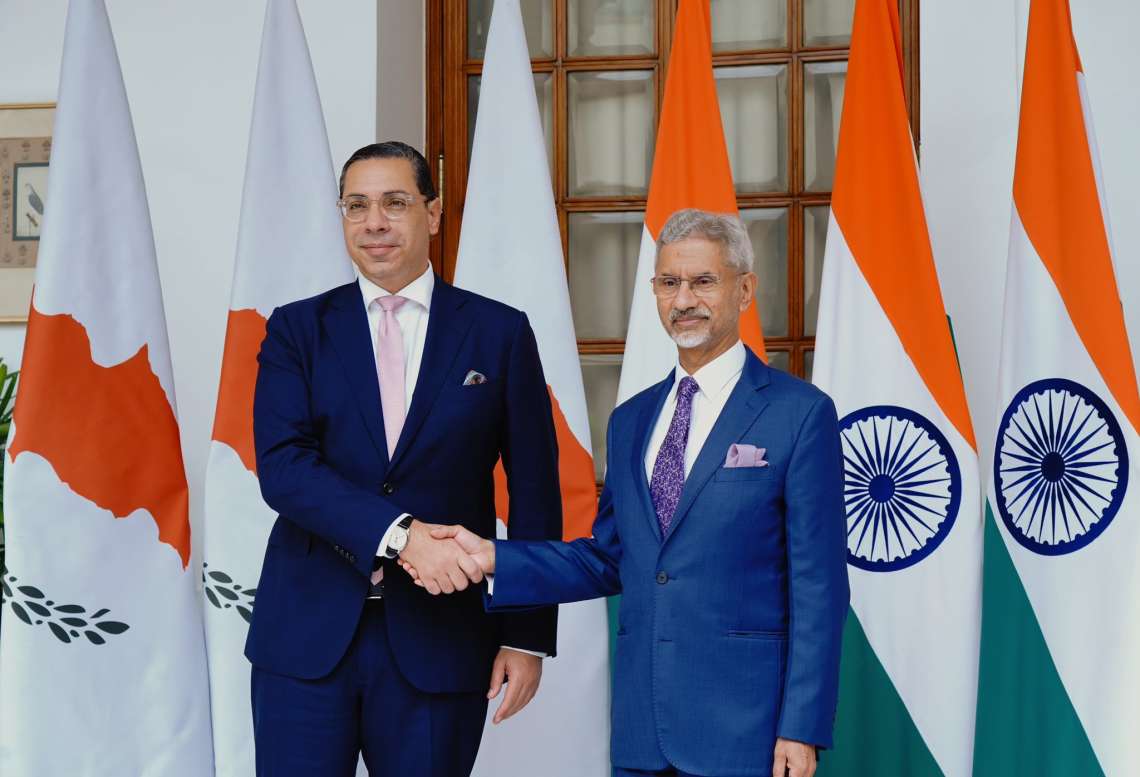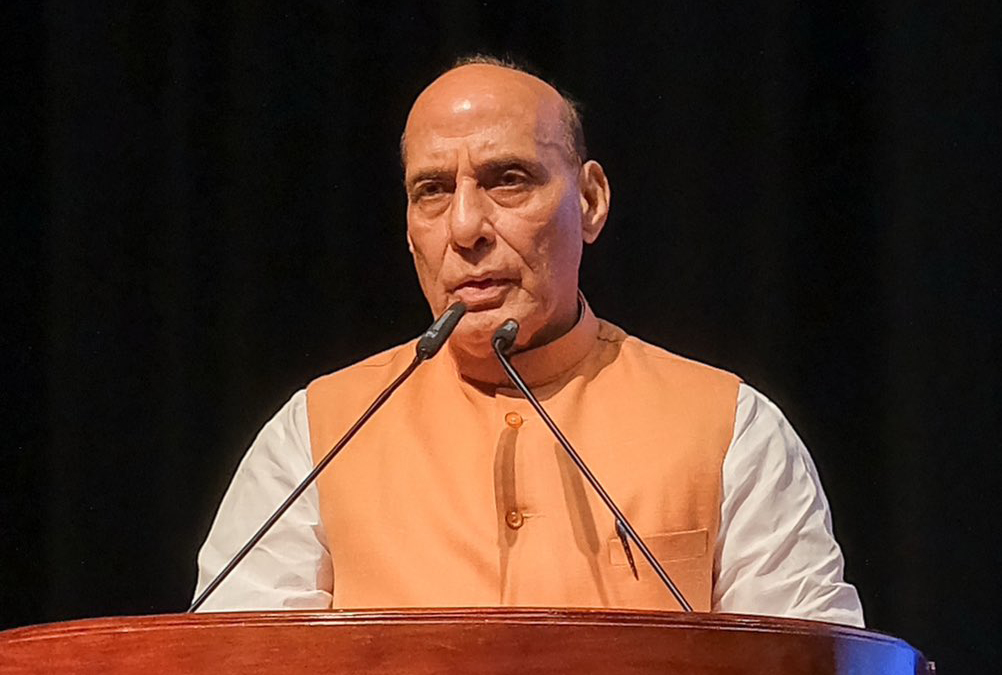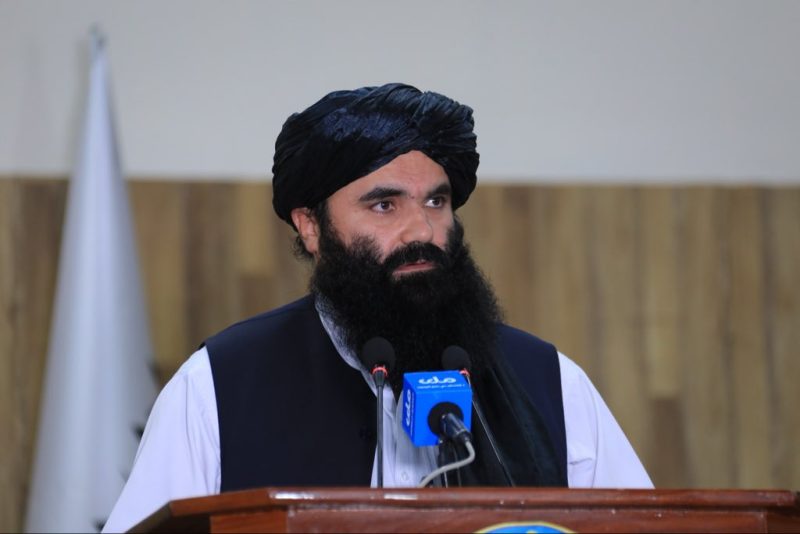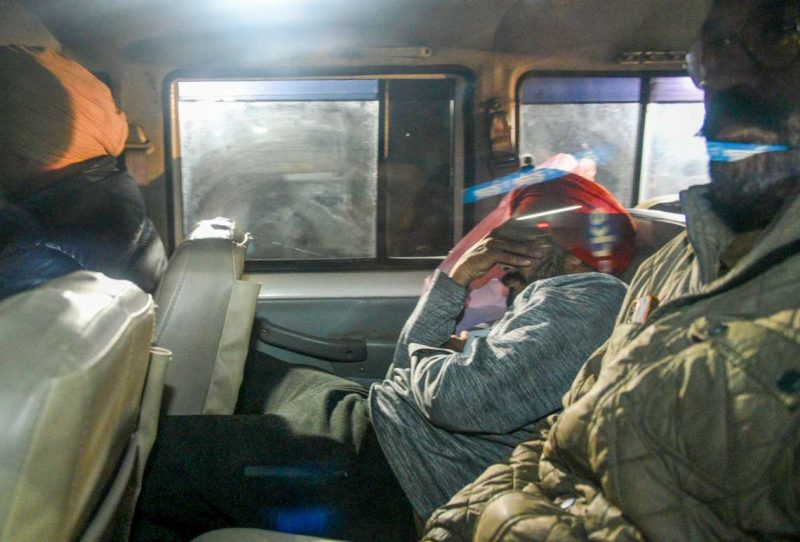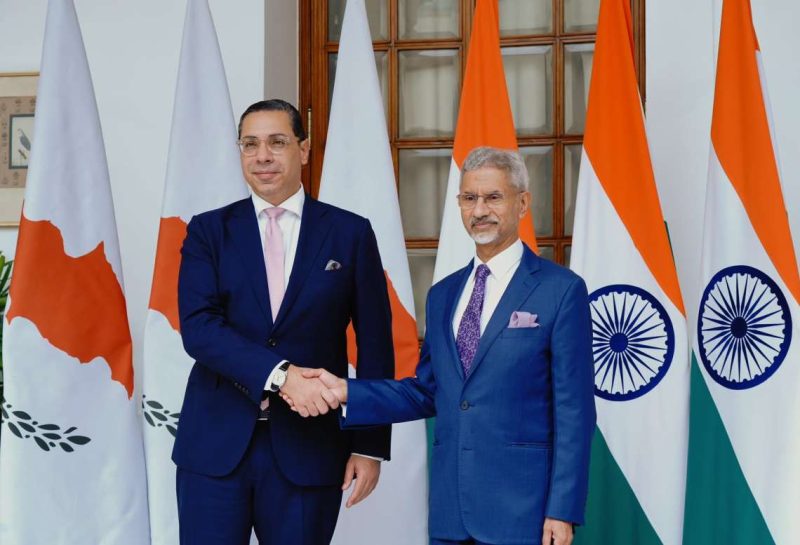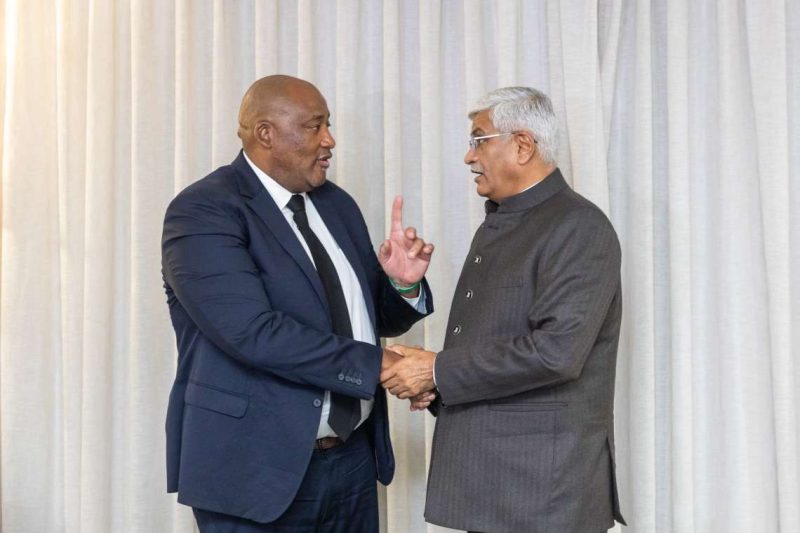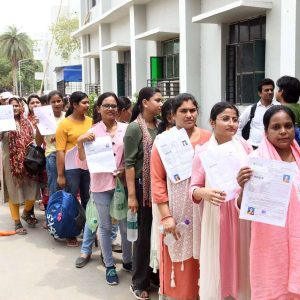India’s G20 presidency is providing leadership to this momentum and building on the ongoing work for the health sector….writes Vishal Gulati
India’s G20 presidency is fully conscious of the need to promote a holistic One Health approach for all living beings as well as that of the environment, former president and distinguished professor of Public Health Foundation of India, K. Srinath Reddy.
“I believe the G20 leadership is fully conscious of the need to promote a holistic One Health approach. The discussions at the meeting, as well as the documents emerging from several other G20 consultations, affirm the intent to advance the One Health approach, nationally and globally,” Padma Bhushan awardee and renowned epidemiologist Reddy said.
Reddy attended the G20 session on health emergency prevention, preparedness and response, with delegates this week in Goa, discussing collaborative surveillance systems supported by advanced networks of laboratories and relevant infrastructure.
He believes predictive modelling and surveillance used in the infectious disease control and climate change is a must.
“However, the usefulness of any predictive model depends on the representativeness, accuracy and timeliness of the input data. So our systems for data collection and data integration, across sites and species, must improve. This requires multi-disciplinary expertise and multi-sectoral efficiency.”
Through late 2021 and early 2022 there have been numerous global outbreaks of highly pathogenic avian influenza H5N1 in India, with severe impacts on migratory birds.
On the key recommendations for India to battle future zoonoses and the triple planetary crisis — the crisis of climate change; of nature and biodiversity loss and of pollution, Reddy, also a top cardiologist, said: “We must recognise that interconnected pathways of human disease are created by deforestation which disrupts natural ecological barriers that prevent microbial migration across species, climate change which expands the spread and speed of viruses and their vectors, along with loss of biodiversity which reduces the availability of protective vegetation and eliminates natural predators of insects which are vectors of pathogenic viruses.
“Acting together, these disruptive changes create conveyor belts for spread of zoonotic diseases. Our response must not be just a coping but a corrective response.”
On the sidelines of the Health Working Group for the G20 in Goa on April 20, the Asian Development Bank in partnership with the Ministry of Health and Family Welfare organised a side event to discuss the significance of addressing climate change as part of a holistic approach towards health preparedness.
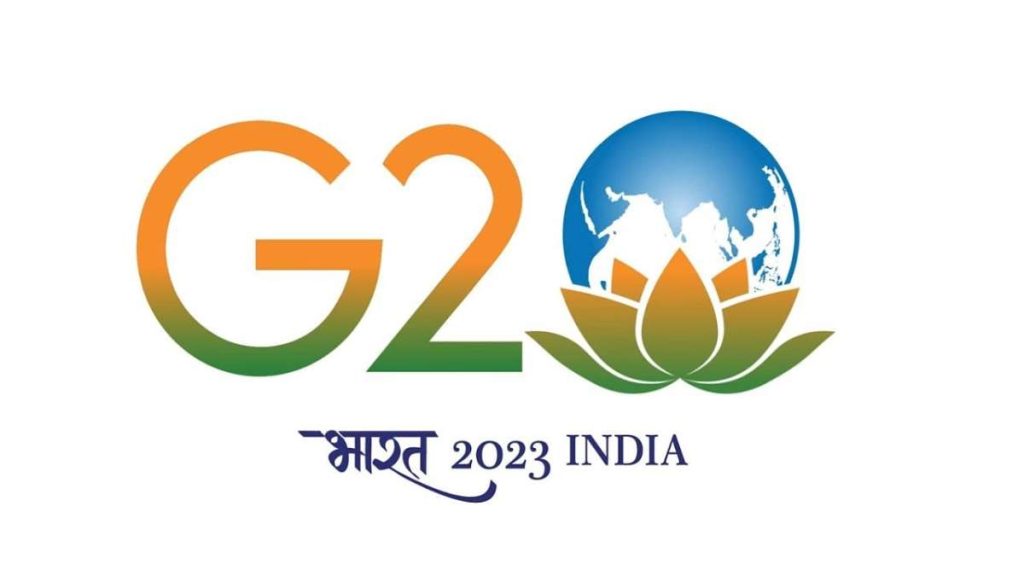
The G20 has focussed on public health since 2016 but this is the first time during India’s presidency that it is focussing on climate and health and the need to leverage “One health for all”.
The momentum to align the health sector development with the Paris Agreement has grown among governments, international agencies and non-state actors since UN Climate Change Conference in Glasgow (COP26) in 2021.
The World Health Organization (WHO) established The Alliance for Transformative Action for Climate and Health (ATACH), following the Glasgow developments and this alliance now endorses 63 countries, with 24 committing to net-zero health systems.
Last year, the G7 health ministers also declared their aim to build climate-neutral health systems by 2050.
India’s G20 presidency is providing leadership to this momentum and building on the ongoing work for the health sector.
According to Reddy, it is essential for India to evolve the national roadmap for a zero emissions healthcare sector.
The healthcare sector is a significant contributor to greenhouse gas emissions, energy utilisation and biomedical waste.
“As we are increasing our investment in expanding and strengthening countrywide healthcare infrastructure in light of the Covid-19 experience, there is both a need and an opportunity for moving to a zero-emission healthcare sector,” he said.
“This initiative should involve both public and private sectors. It should involve actions at the level of healthcare facilities as well as procurement systems across the long supply chains of the health sector.”
Health leadership from Indonesia, Brazil, the UK, France, the Netherland, Spain and the US have reiterated the urgent need for collective action to combat climate change.
They emphasised the need for healthcare leadership in climate action and expressed strong support for health sector decarbonisation, which currently ranks fifth in global net greenhouse gas emissions, and resilience to be taken up by the G20.
In the context of accelerating health impacts of climate crisis, the ADB reiterated its announcement of elevating its climate finance ambition to $100 billion by 2030.
Many developed, middle and low income economies have committed to a net-zero health system by 2050. Overall, commitments account for 48 per cent of the total global emissions from this sector.
As low- and middle-income countries invest in health development they too must transition their health systems to become low-carbon, climate resilient.


